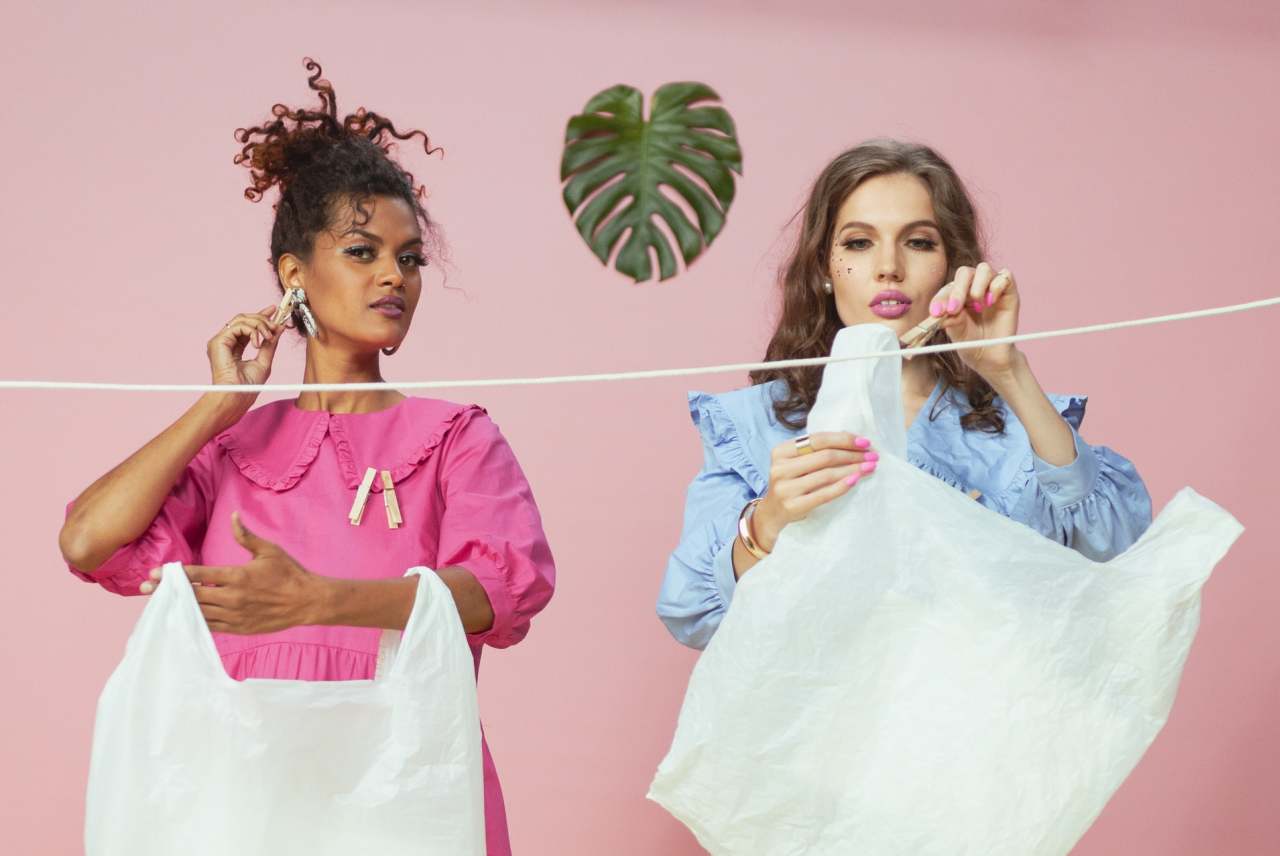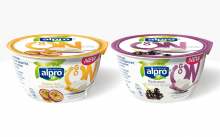What does government action on greenwash mean for consumers?
This is why the CMA have now released a new Green Claims Code - a piece of guidance aimed at helping businesses to ensure that any green claims they’re making are truthful and don’t mislead well-meaning shoppers.
So does this mean that eco-friendly shopping is about to get easier?
The answer is maybe more complex than we as ethical consumers want to hear.
Misleading marketing, advertising or claims made on packaging (whether about eco credentials or any other features and benefits of a product) are already against the law.
Consumer protection laws and trading standards are in place to stop us getting misled when we shop. Unfortunately though, sustainability is often such a grey area, that until now, it’s been easy for companies to greenwash, both accidentally and on purpose. And the more aware consumers are becoming, the more sophisticated greenwashing is getting.
The Green Claims Code guidance is essentially just a reframe of existing legal responsibilities - with a particular focus on how companies should (and shouldn’t) talk about their eco efforts. So it’s likely that this will be a helpful resource for the companies that are trying their best but find sustainability confusing, and the ones that are genuinely trying to make a change. As for the intentional greenwashers? If they were comfortable pushing the limits before, it’s unlikely that this new guidance will deter them.
However, we have already seen advertising authorities begin to crack down on greenwashed advertising since the release of the Code, and they have been very clear that this is just the start.
In January 2022, alternative milk brand Oatly had a marketing campaign banned by UK advertising watchdog the ASA for misleading viewers over its green credentials. Their advert claimed that “climate experts say cutting dairy and meat products from our diets is the single biggest lifestyle change we can make to reduce our environmental impact”. However, upon investigation, the ASA found that this was one climate expert’s opinion being framed as ‘a definitive, objective claim based on scientific consensus’ and would therefore be likely to unfairly mislead the public, so the ad was banned.
Drinks company Innocent also found themselves facing an ASA ban in February 2022, for claiming that drinking its smoothies is good for the environment, despite their products being sold in plastic bottles. In response, Innocent (ultimately owned by Coca-Cola) cited their B Corp status and commitment to being carbon neutral by 2030 - but the ASA proceeded with the ban, saying that, although they are undertaking action to reduce their environmental impact, Innocent cannot demonstrate that their products have a net positive environmental impact across their full lifecycle - a key component of the Green Claims Code.







